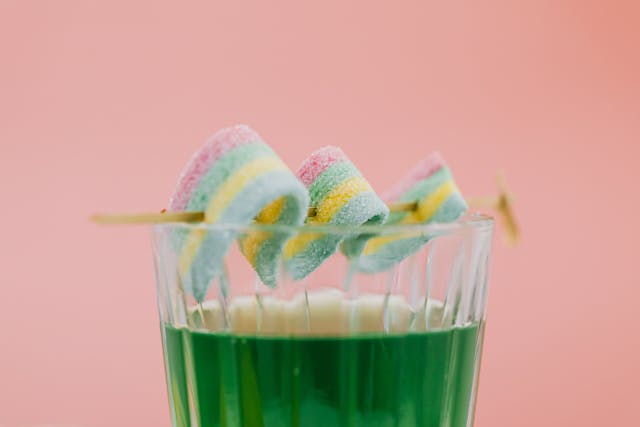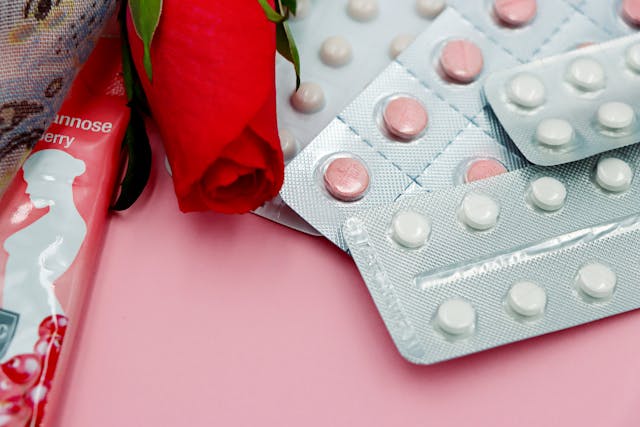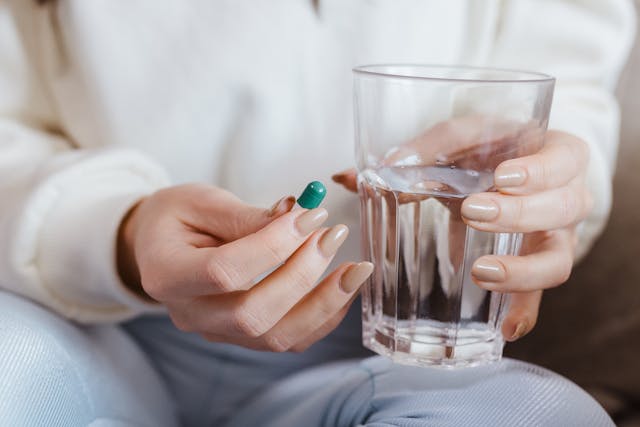
Managing diabetes, especially for employees in high-stress and high-activity roles, is a challenge that requires awareness and proactive choices. For industries with high frontline employee numbers—like healthcare, retail, manufacturing, and logistics—understanding how dietary choices impact health is critical. Sugary drinks, a staple for many, can significantly affect blood sugar levels and overall health, particularly for individuals with diabetes. But what makes these beverages so detrimental? And which drinks should diabetics avoid to maintain stable blood sugar levels?
In this comprehensive article, we’ll explore the impact of sugary drinks on diabetes, highlight three drinks diabetics should avoid, and assess whether 100% fruit juice is a safe option. As an experienced nutrition consultant working with organizations to enhance employee wellness, I’ll share practical insights, backed by statistics and research, to help decision-makers create healthier workplace cultures.
How Sugary Drinks Affect Diabetes
Sugary drinks, including sodas, energy drinks, and sweetened teas, are among the largest contributors to excessive sugar consumption. A single can of soda contains about 39 grams of sugar—well above the American Heart Association’s recommended daily limit of 25 grams for women and 36 grams for men. For individuals with diabetes, consuming sugary drinks can lead to several complications:
1. Blood Sugar Spikes
Sugary drinks have a high glycemic index, meaning they cause rapid spikes in blood glucose levels. For people with diabetes, these spikes can lead to hyperglycemia, increasing the risk of complications like nerve damage, kidney issues, and cardiovascular disease.
2. Insulin Resistance
Consistently consuming sugary beverages can worsen insulin resistance, a condition where the body’s cells fail to respond to insulin effectively. This resistance exacerbates type 2 diabetes and complicates blood sugar management.
3. Increased Risk of Type 2 Diabetes
For individuals at risk, sugary drinks are a significant contributor to the development of type 2 diabetes. A study published in the journal Diabetes Care found that consuming one or more sugary drinks daily increases the risk of type 2 diabetes by 26% compared to those who rarely or never consume them.
4. Weight Gain and Obesity
Sugary drinks are calorie-dense but lack essential nutrients, making them a leading cause of weight gain and obesity, both of which are significant risk factors for diabetes.
Three Drinks Diabetics Should Avoid
- Sodas and Sweetened Soft Drinks
- Why Avoid? These beverages are packed with added sugars and offer zero nutritional value. A single 12-ounce can of soda can contain over 10 teaspoons of sugar.
- Impact on Diabetes: Rapid blood sugar spikes, increased insulin resistance, and higher risk of long-term complications.
- Energy Drinks
- Why Avoid? Energy drinks often combine high levels of sugar and caffeine, creating a double threat for people with diabetes. A typical energy drink contains about 30-40 grams of sugar per serving.
- Impact on Diabetes: Excess sugar raises glucose levels, while caffeine can interfere with insulin sensitivity.
- Sweetened Iced Teas
- Why Avoid? While they may seem healthier than sodas, many bottled iced teas are heavily sweetened, with up to 25 grams of sugar per bottle.
- Impact on Diabetes: Hidden sugars can cause unexpected blood sugar spikes and disrupt diabetes management plans.
Is 100% Fruit Juice Good for Diabetics?
The answer isn’t straightforward. While 100% fruit juice is often perceived as a healthier alternative to sugary drinks, it can still pose risks for diabetics. Here’s why:
1. High Natural Sugar Content
Even though the sugar in 100% fruit juice is naturally occurring, it can still cause blood sugar spikes. For example:
- A cup of orange juice contains 21 grams of sugar.
- A cup of apple juice contains 24 grams of sugar.
2. Lack of Fiber
Unlike whole fruits, fruit juice lacks fiber, which helps slow the absorption of sugar into the bloodstream. This makes juice more likely to cause rapid glucose increases.
3. Portion Control is Key
For diabetics, moderation is critical. Small portions (4 ounces or less) of 100% fruit juice may be acceptable as part of a balanced diet, but it’s essential to monitor blood sugar levels closely.
Recommendation
If possible, opt for low-glycemic fruits like berries, and consume them whole instead of juicing. This provides both nutrients and fiber, which help stabilize blood sugar levels.
Practical Tips for Diabetics
- Choose Water or Unsweetened Beverages
- Infused water with slices of lemon, cucumber, or mint can be a refreshing alternative.
- Unsweetened tea and coffee are excellent low-calorie options.
- Read Labels Carefully
- Many drinks marketed as “healthy” still contain hidden sugars. Always check the nutrition label.
- Encourage Healthy Workplace Habits
- For organizations with high frontline employee numbers, providing access to water dispensers and promoting low-sugar beverage options in vending machines can improve employee health.
- Educate Employees
- Host workshops or share resources on managing diabetes and making healthier dietary choices.
Conclusion
Sugary drinks pose a significant risk for individuals with diabetes, contributing to blood sugar spikes, insulin resistance, and other complications. While beverages like sodas, energy drinks, and sweetened teas should be avoided, even seemingly healthy options like 100% fruit juice require careful moderation.
For decision-makers in industries with high frontline employee numbers, fostering a health-conscious workplace culture is essential. Providing low-sugar drink alternatives and educating employees about the impact of sugary beverages can go a long way in improving workforce health and productivity.
Key Takeaways
- Sugary Drinks and Diabetes: These beverages cause rapid blood sugar spikes, insulin resistance, and weight gain, worsening diabetes management.
- Drinks to Avoid: Sodas, energy drinks, and sweetened iced teas are particularly harmful.
- 100% Fruit Juice: While better than sugary drinks, fruit juice should be consumed in moderation due to its high natural sugar content and lack of fiber.
- Workplace Wellness: Promoting water and unsweetened beverage options can support diabetic employees and enhance overall health.
FAQ: Sugary Drinks and Diabetes
1. Can diabetics ever drink sugary beverages?
Occasional consumption of sugary drinks might be acceptable for diabetics, but it should be an exception, not a rule. Monitoring blood sugar levels after consumption is crucial.
2. What are the best drink options for diabetics?
Water, unsweetened tea, black coffee, and sparkling water are excellent options. Small portions of 100% fruit juice can be consumed occasionally.
3. How can companies support diabetic employees?
Providing healthier drink options, educational resources, and access to nutrition counseling can help employees manage their condition effectively.
4. Are diet sodas a good alternative?
While diet sodas don’t contain sugar, their artificial sweeteners can have other health implications. Moderation is recommended.
5. Can fruit smoothies be a better choice?
Smoothies made with whole fruits and no added sugars can be a better option than fruit juice, as they retain fiber, which helps manage blood sugar levels.
By making informed choices and promoting awareness, we can empower individuals to better manage diabetes while creating healthier workplace environments.

